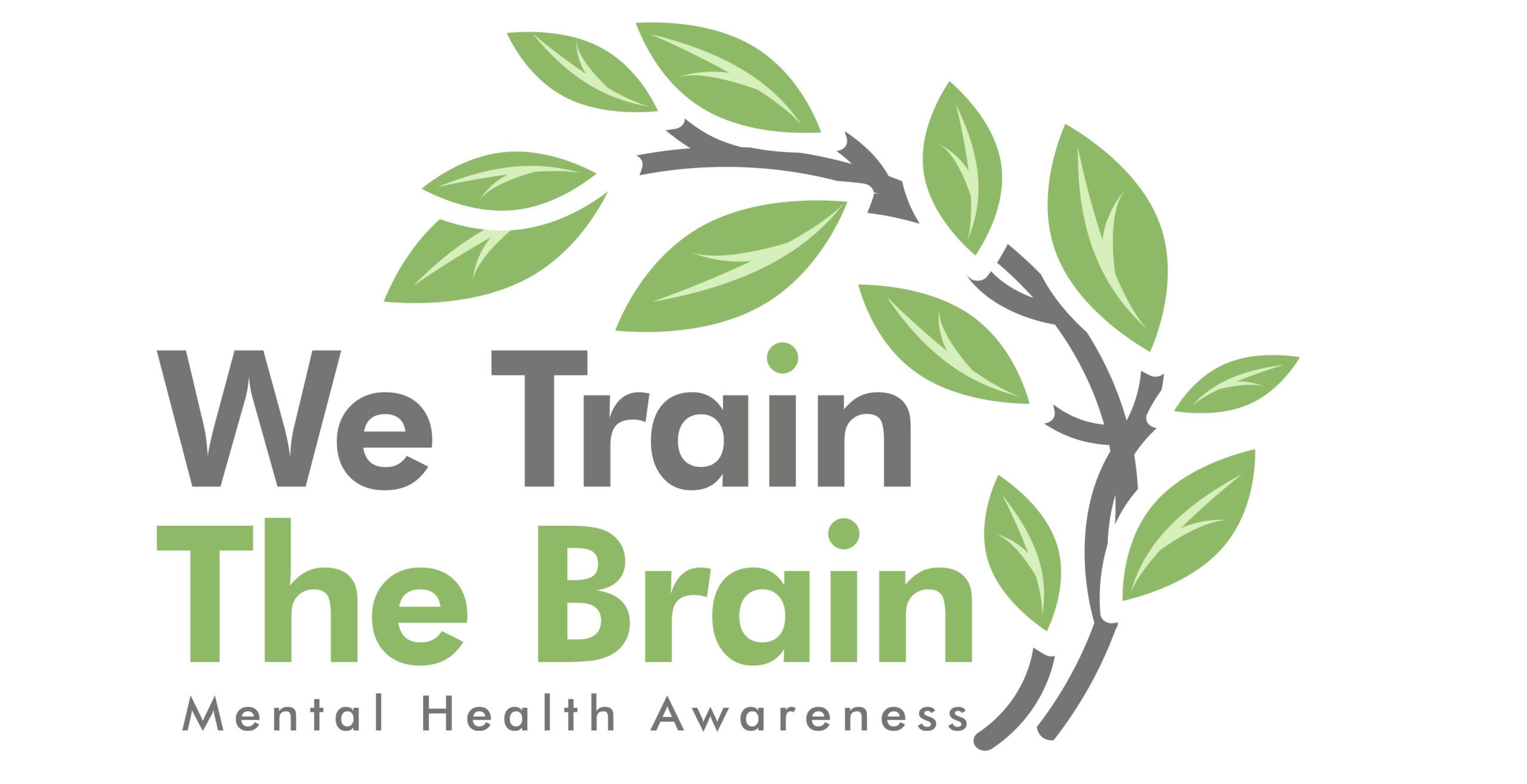From childhood, many of us were fed myths that shaped our perspectives on strength, independence,
and success. Whether it’s the “pull yourself up by your bootstraps” mentality or the notion that
vulnerability is a sign of weakness, these myths have molded us into a society that often struggles to
accept help. We’ve been conditioned to believe that seeking assistance somehow diminishes our worth,
that we must conquer challenges on our own to be truly accomplished. But let’s break free from these
misconceptions and dive into a new perspective on mental health wellness.
Think about those iconic superhero movies that dominate the box office. The obsession with invincibility
and triumph reflects our societal fixation on winning at all costs. These cultural norms have fostered a
sense of entitlement, self-centeredness, and a lack of trust in others. Consequently, we find ourselves
isolated on individual islands, drowning in our own fears and insecurities.
Personal Experience: A Lesson in Accepting Help
I’ll share a personal story. My wife faced cancer twice in her life. During her second battle with the
disease, she grappled not only with physical weakness but also with a deeply ingrained belief that she
should be self-reliant and the caretaker of others. As the illness progressed, her health declined to the
point where she needed care herself. This triggered feelings of failure and guilt—emotions that
stemmed from years of being conditioned to believe that seeking help was a sign of weakness.
In a moment of exhaustion and desperation, she had an epiphany: “Accept the Help.” This simple yet
profound realization shattered the barriers she had erected around herself. She understood that
accepting help didn’t equate to defeat; rather, it was an acknowledgment of our shared human need for
connection and support. This mindset shift lifted a weight off her shoulders, allowing her to focus on
healing and forging new relationships that aided her journey.
The Essence of Relational Well-being
At its core, life is about relationships. Human interaction is essential for our mental well-being, as
psychologist Jacob Moreno noted: “Man is a relational being.” Consider the words of Carl Jung:
“Everything that irritates us about others can lead us to an understanding of ourselves.” Opening up to
the support of others is a crucial aspect of mental health wellness.
When we sustain physical injuries, we seek medical assistance without hesitation. So why should our
mental and emotional well-being be any different? Just as we mend a broken bone or treat a wound, we
should prioritize addressing our feelings of sadness, anger, or frustration. This could mean confiding in a
friend, seeking guidance from a therapist, or even turning to family members. Accepting help is not a
sign of weakness; it’s a demonstration of strength and a commitment to our own mental health.
Embrace Your Mental Health Journey
The path to mental health wellness involves dismantling the myths that have held us back and
embracing the idea that seeking help is an act of courage. Let’s shift our focus from “I can do it all alone”
to “I am strong enough to seek support.” By acknowledging our shared human experiences and
embracing the connections that sustain us, we can embark on a journey towards true well-being.
Remember, accepting help isn’t surrender; it’s empowerment.
So, what are your thoughts? How can we collectively reshape our perspectives on seeking assistance,
fostering a more supportive and empathetic society? Let’s start the conversation and chart a course
towards a healthier, more connected world.




